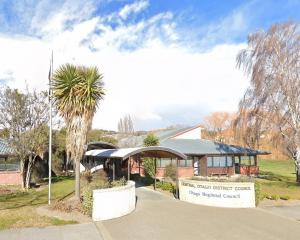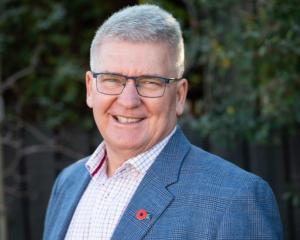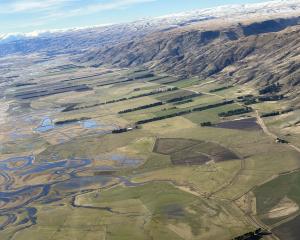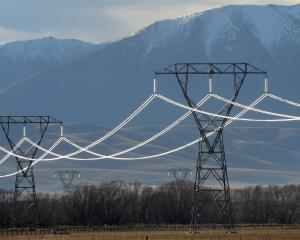Clutha ratepayers will pay the same amount for water services across the district, after the district council recently approved the controversial ''same service, same charge'' policy in its long-term plan. The Central Otago District Council has been grappling with the same issue and delayed making a decision last term, leaving it to the incoming council. Now the matter is centre stage and reporter Lynda van Kempen takes a look at the options and views of some ratepayers.
A decision on how to fund expensive water and wastewater upgrades in Central Otago is looming but the district council may find it difficult to go with the flow.
The council's long-term plan consultation document narrowed down the options and gave residents the choice of two.
Although the submissions revealed a clear majority in favour of one option, the 153 submissions represented only 1.1% of the district's rateable properties.
On Monday, the council will decide whether this is enough support on which to base a funding policy.
Many towns in the district are facing major upgrades to comply with national drinking water standards and tighter regional and national controls on discharging wastewater will also mean costly upgrades of the existing wastewater systems.
There are eight council-run drinking water supplies, funded by targeted rates, which means those connected to the scheme pay for the scheme costs.
There is a wide variation in targeted rates and it is difficult for small towns, in particular, to afford water or wastewater upgrades, so the council is considering a change to funding.
The option favoured by 54% of the submissions to the long-term plan was a fully subsidised model, where the cost of schemes was spread equally across all council-run water and wastewater schemes.
The other option mooted was a partly subsidised model and it was favoured by 23% of the submissions.
Under that model, each water scheme would be primarily funded by the ratepayers connected to it but the amount they would have to pay would be capped at an agreed level.
Any ''excess'' costs above that level would be funded by users of council-owned town water supplies throughout the district.
Water metering and volumetric water charges will remain in place and those costs will be in addition to the annual charge under the new funding model for water and wastewater.
In his submission, John Lister, of Cromwell, highlighted concerns for the district's smaller towns and opted for a fully subsidised funding model.
''I believe we are reaching the point where small communities will be unable to sustain the cost of upgrading services to meet the new standards.
''The current funding model will ultimately lead to de-population of our outlying areas,'' Mr Lister said.
David Stark, also of Cromwell, said it did not seem appropriate to allocate costs to different areas for essential services over which they had no control.
John Morrison, a Ranfurly ratepayer for 42 years, favoured a partially subsidised model.
Water supplies should be based on a user-pays principle but it appeared this was not an option now, given the two choices available in the long-term plan document.
The Ranfurly water supply was upgraded in 1999 at ''considerable'' cost to ratepayers, he said.
''Why, then, should the Ranfurly ratepayers, having fully funded their own scheme, now be faced with subsidising water supplies for other communities in the district?''
Former district councillor and current Cromwell Community Board member Gordon Stewart said the status quo was the only sensible option.
''The alternatives proposed are, in fact, well-disguised theft. If we are all to be one big happy family, how about balancing up the roading rate as well so that we all pay the same?'' he said.
Jock Allison said his home town, Naseby, should be considered a special case as it had such a low permanent population and high percentage of cribs.
Naseby would be better off under the status quo and had been ''disenfranchised'' by the policy options promoted in the long-term plan, he said.
The Otago Chamber of Commerce said its Central Otago committee singled out water as the ''number one issue facing the district''.
''It is this issue that they believe could be the one obstruction to economic, business and community growth within the region,'' Cara Bradley said in the chamber's submission.
Ray Applegarth, of Clyde, said $13 million had been earmarked for a Clyde wastewater scheme when there was no suggestion the current disposal system - septic tanks - was ineffective.
''I believe that a wastewater scheme for Clyde would allow for development which could destroy the quaint and unique character of the town,'' he said.













